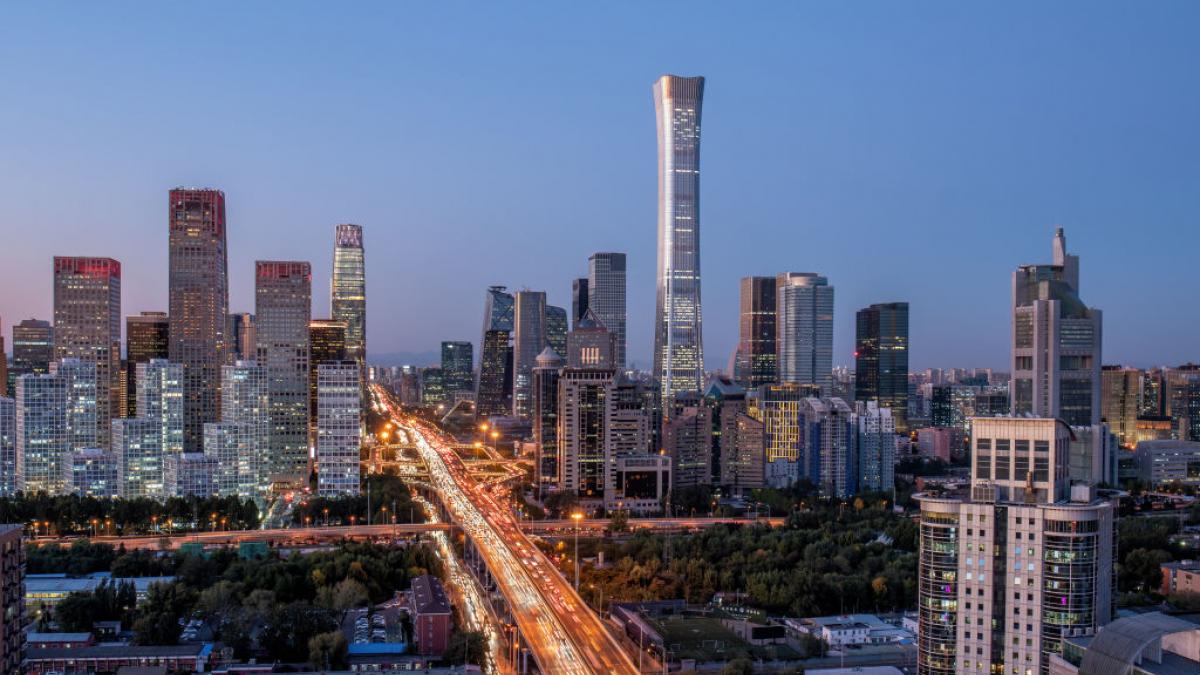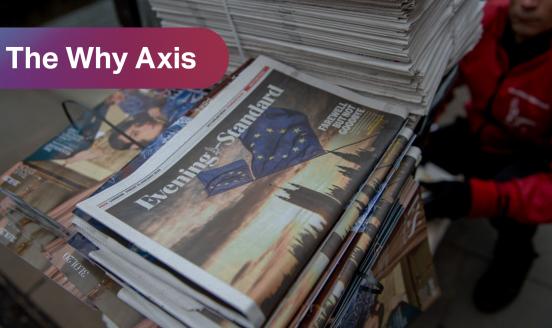The private sector advances in China: The evolving ownership structures of the largest companies in the Xi Jinping era
This paper documents recent structural changes in China’s corporate landscape, based on company level data.

This paper documents recent structural changes in China’s corporate landscape, based on company level data, providing a complementary perspective to that of official Chinese statistics. We classify China’s largest companies by revenue since 2004 (based on Fortune Global 500 rankings), and largest listed companies by market capitalisation since 2010, into state and private-sector categories, using a conservative definition of the private sector. Among the largest companies by revenue, the private sector was non-existent in the mid-2000s but has grown steadily in the past decade, even though the state sector still dominates. The aggregate revenue of private-sector companies grew from zero in Fortune’s ranking in 2005 (based on 2004 revenue) to $104 billion in the 2011 ranking, or merely 3.8 percent of the $2.78 trillion in aggregate revenue for all Chinese companies in the ranking, and to $1.7 trillion in the latest 2021 ranking (based on 2020 revenue), or 19 percent of the Chinese companies’ aggregate revenue. As for market value of the largest listed firms, the private sector’s share in the top 100 listed Chinese companies was only 8 percent at end-2010 but crossed the 50 percent threshold in 2020 and retreated slightly in 2021 to 48 percent, following that year’s regulatory crackdown on several private-sector-dominated industries. These findings do not support a narrative of broad based rollback in recent years of previous private-sector expansion.
Acknowledgements: David Xu provided outstanding research assistance. We thank Jordan Becker, Suman Bery, Olivier Blanchard, Martin Chorzempa, Rebecca Christie, Uri Dadush, Simeon Djankov, François Godement, Cullen Hendrix, Patrick Honohan, Alicia García- Herrero, Nicholas Lardy, Mary Lovely, Marcus Noland, Jean Pisani-Ferry, Adam Posen, André Sapir, Reinhilde Veugelers, Steve Weisman, David Wilcox and Guntram Wolff, as well as participants at PIIE and Bruegel research staff seminars for their comments, suggestions and encouragements. We also thank Egor Gornostay and Eva Zhang for quality control of our data work, and Madona Devasahayam and Stephen Gardner for editing. Special thanks to Scott DeCarlo at Fortune for helpful clarifications on Fortune Global 500 rankings.
Recommended citation:
Huang, T. and N. Véron (2022) ‘The private sector advances in China: the evolving ownership structures of the largest companies in the Xi Jinping era’, Working Paper 02/2022, Bruegel



